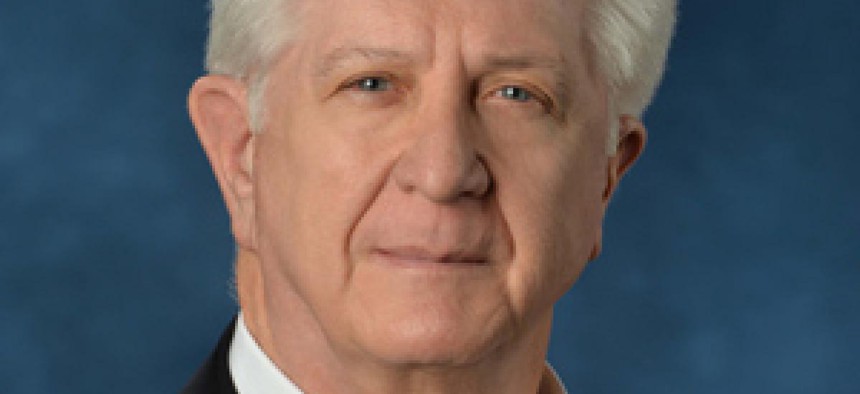Are bad actors killing your company's morale?

Too often, bad and abusive managers are tolerated, but the cost is high for company morale and success.
There is a management problem in industry that needs to be discussed. The problem has two dimensions: managers that are abusive to employees and managers who are aware of this bad behavior and overlook it.
Being a manager, regardless of the manager’s level in a company, is a significant responsibility because managers, by definition, hold a position of trust. Being in a position of trust allows management to inherently exert influence over employees especially subordinates.
Managers, at all levels, are in a unique position to influence others in the workplace. Managers through their interaction with their team members can (1) inspire employees by setting an example, (2) positively influence employees’ lives, and (3) help employees reach life goals.
Through their words and actions, managers can “lift employees up” or “tear them down”, knowingly and unknowingly. One positive or negative statement or action by a manager can affect an employee for years.
Friends tell me about highly abusive managers where they work. I ask, “Does HR know about this person?”. I am often told “Yes” or “they will not do anything.” Does the owner or senior management know about this person’s bad behavior? I receive the same answer more often than not and then a fatalistic shrug.
The number one reason employees leave a company, as identified in numerous employee surveys, is receiving bad or hostile treatment from a manager. Employees will walk away from a high paying job or crucial benefits to stop abuse from a manager.
The problem of bad managers is far too common. These bad apples are scattered across our industry. Whether this person or employees after over a period of time, great damage is being done.
Morale is shot; productivity stays low; employees somehow miss important meetings; employees whisper to new hires to stay away from the company; people will not give extra when sked to do so; or people will keep their heads down to avoid this person and higher management. Most of all these bad actors destroy employees’ trust and confidence in top management for not safe guarding employees’ well-being.
These bad actors are driving good people out of companies that need good employees far more than these bad managers. One story I am familiar with involves a senior executive who is abusive and extremely rude to employees which is known to higher management (and HR as it turns out.) Senior management overlooks this bad behavior because of his perceived contribution. I say, “No.” This situation reinforces the idea that numbers mean more than employees’ well-being. Do not snicker; some readers may wonder if I just got off the boat but this is a serious matter.
One of the saddest elements in this scenario is the number of times senior management or the owner(s) of the business knew about these situations and did nothing. The bad actor was never held accountable. Why did they not act and excise this poison from the company?
How long and how high do we have to go before common sense emerges in the company and from whom? The EVP? President? CEO? Board of Directors? A social media disaster?
NEXT STORY: 5 mistakes small businesses should avoid in 2017